Have you ever wondered why, just when you’re ready to shower your cat with love, they slip away into a quiet corner? It’s almost as if they crave peace more than your excited affection. For cat lovers, this is both mystifying and, honestly, a little bit heartbreaking. But behind those silent retreats lie deep secrets about feline hearts and minds. Understanding why cats prefer calm over commotion can turn confusion into connection—and even help us see the world a little differently. If you’ve ever been left with your arms outstretched and your cat nowhere to be found, this journey into the quiet side of feline affection is just for you.
The Nature of a Cat’s Personality

Cats, unlike their canine counterparts, are famously independent and mysterious. Their personalities are shaped by millennia of evolution as both predators and prey, making them instinctively cautious and observant. While some cats are more outgoing, most prefer to watch and listen before they engage. This cautious nature means they often seek out quiet moments to recharge, rather than loud, overt displays of affection. It’s not that they don’t love their humans; it’s just that their way of expressing love is often subtle. For many cats, a gentle purr or a slow blink speaks volumes compared to boisterous cuddles.
Instincts Rooted in Survival

In the wild, noise can mean danger. Cats evolved to be both hunters and hunted, so their instincts push them to avoid sudden, loud environments. Even in our safe, cozy homes, these instincts remain sharp. When things get noisy—children laughing, TVs blaring, or vacuum cleaners roaring—cats often retreat to a quiet space. These behaviors are deeply embedded in their DNA, serving as a protective shield against perceived threats. The calmness of silence feels safe, and safety always comes first for our feline friends.
Communication on Cat Terms
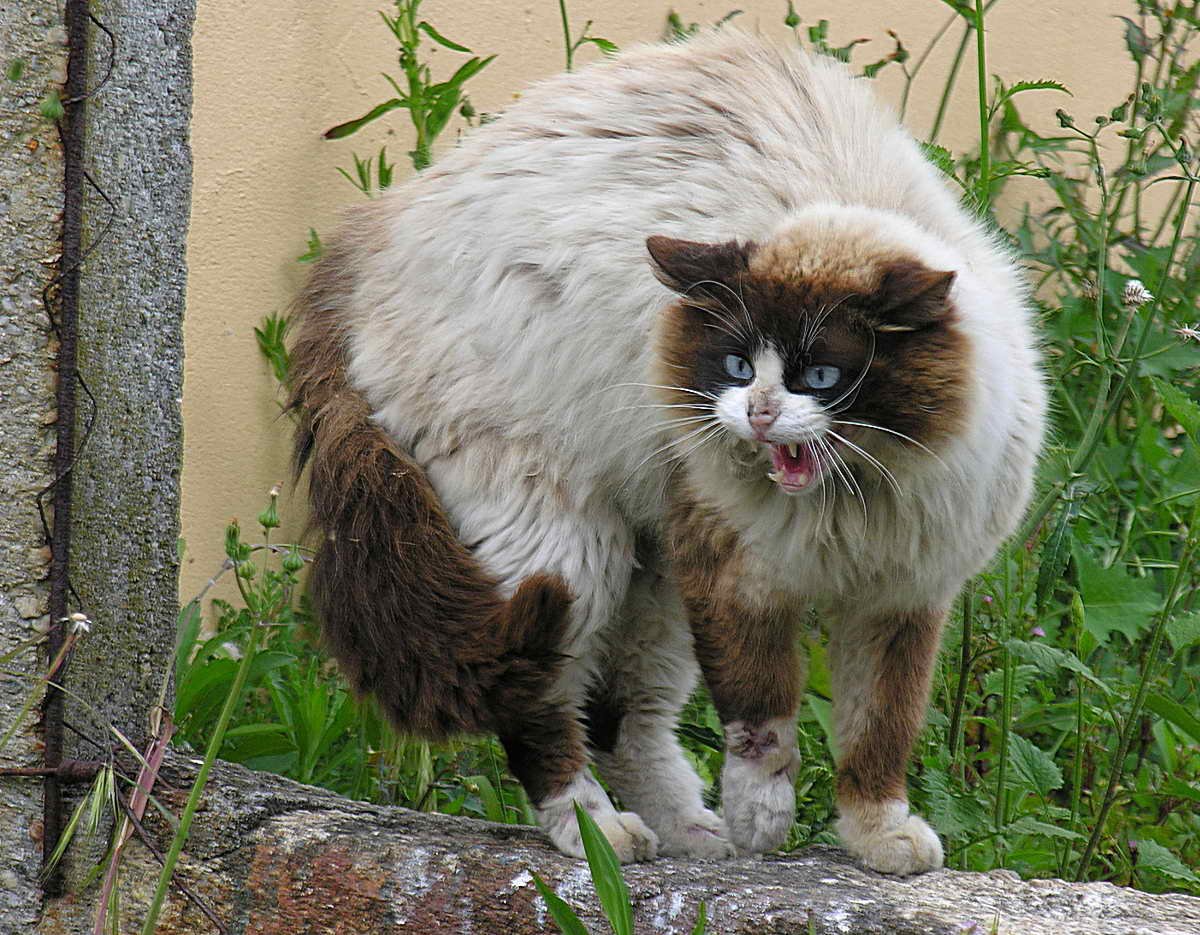
Cats communicate differently than humans. While we use words, hugs, and laughter, cats rely on body language, eye contact, and soft sounds. A quiet moment shared with a cat—maybe sitting together in silence or a gentle head bump—means far more to them than loud declarations of love. They find comfort in subtlety. Sometimes, their affection is so quiet it’s almost invisible. But if you pay attention, you’ll notice how a cat’s tail, ears, and eyes reveal exactly how much they care, all without a single loud sound.
Noise Sensitivity: Not Just Preference, But Physiology

A cat’s sense of hearing is much sharper than ours. They can pick up the tiniest rustle of a mouse across the room, and even the faintest footsteps. This super-hearing means that ordinary household noises can feel overwhelming. What might sound like a gentle cheer to us could be thunderous to a cat. Loud affection, like excited squeals or sudden movements, can trigger stress or anxiety. It’s not that they don’t want to be loved; their bodies are simply wired to respond to quiet.
The Safe Haven of Solitude
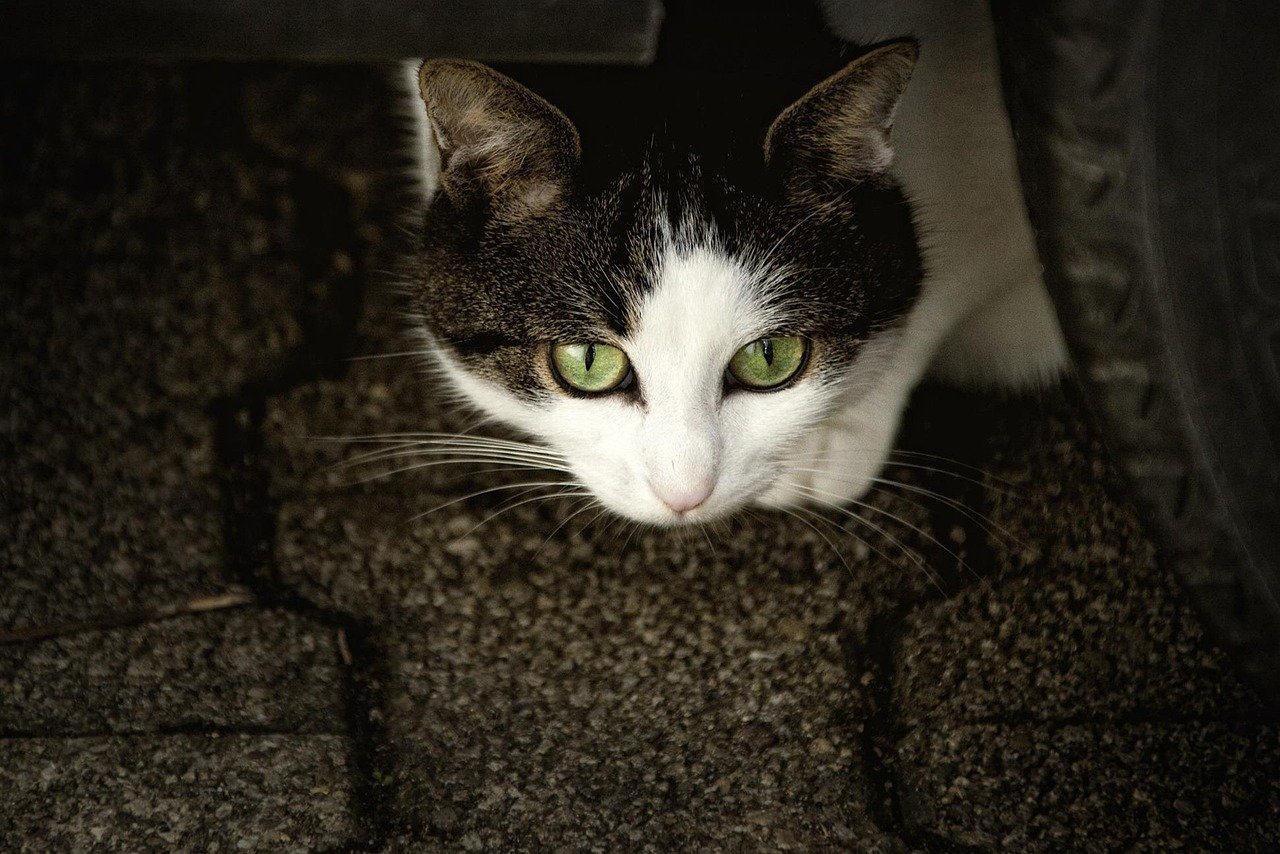
Cats love spaces where they can hide away and observe the world in peace. Whether it’s a sunbeam on the windowsill or under the bed, these quiet retreats offer comfort and a sense of control. When life gets hectic, cats instinctively seek these spots to decompress. Offering your cat a peaceful sanctuary can help them feel secure, leading them to trust you more deeply over time. It’s in these silent moments that cats often show their truest selves.
Understanding Cat Body Language

Reading a cat’s body language is like cracking a secret code. Ears slightly forward, a gently flicking tail, or slow blinks all signal contentment. When a cat is relaxed and chooses to spend quiet time with you, it’s a sign of deep trust. Loud affection can sometimes cause them to tense up—ears back, tail low, or even a quick dash away. Learning to recognize these subtle cues can help you tune into your cat’s emotional needs and build a stronger bond.
Kittenhood Lessons: Early Socialization

The way kittens are raised has a lasting effect on how they handle affection. Kittens exposed to gentle handling and soft voices often grow into cats that tolerate more interaction. On the flip side, kittens who experience loud noises or rough handling may become more withdrawn. This early learning shapes their adult preferences for calm over chaos. So if your cat prefers quiet company, it may be a lesson they learned very young.
When Affection Feels Overwhelming
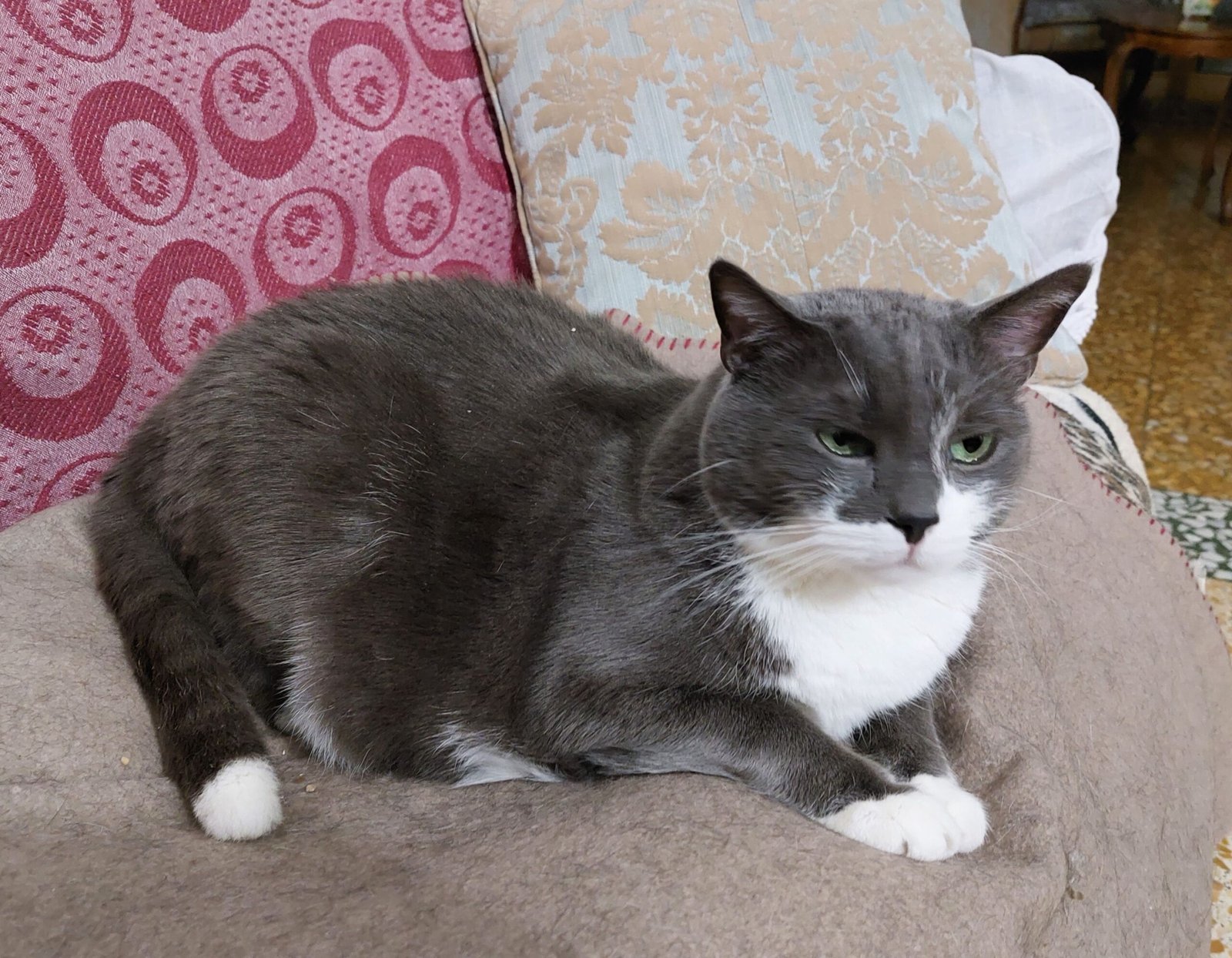
Even the most loving cats can become overwhelmed by too much attention. Imagine if someone hugged you tightly every time you walked into a room—it might get tiring! Cats can feel the same way about loud petting, sudden movements, or being picked up without warning. Their natural boundaries deserve respect, and often, the best way to show love is to let them come to you. Quiet moments, shared on their terms, mean the world to them.
Individual Temperament: Every Cat is Unique
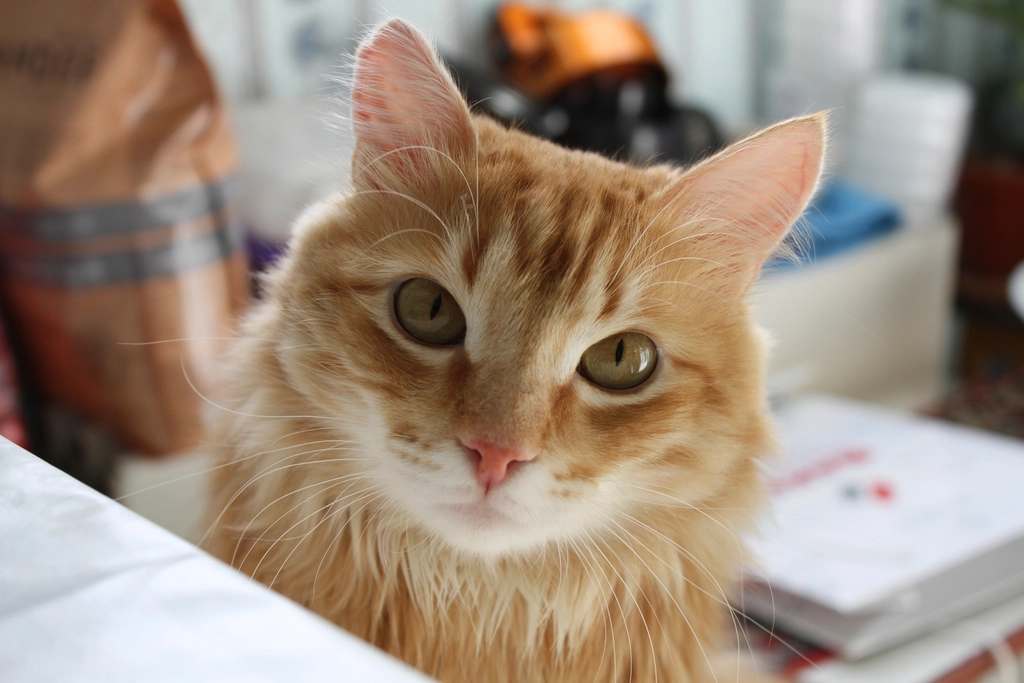
No two cats are exactly alike. Some are bold and outgoing, while others are shy and reserved. Genetics, early life experiences, and even breed can play a role in how a cat responds to affection. While some may tolerate a bit more noise, most still prefer the gentle approach. Getting to know your own cat’s personality is key to understanding what makes them feel loved and secure.
The Power of Routine and Predictability

Cats thrive on routine. Knowing what to expect helps them feel safe. Sudden noises or unpredictable affection—like surprise hugs or new visitors—can send them scrambling for cover. Quiet, predictable moments, like a regular cuddle session in the evening or a peaceful grooming routine, are much more appealing. When life is calm and predictable, cats are more likely to seek out affection on their own terms.
Trust Takes Time—And Silence
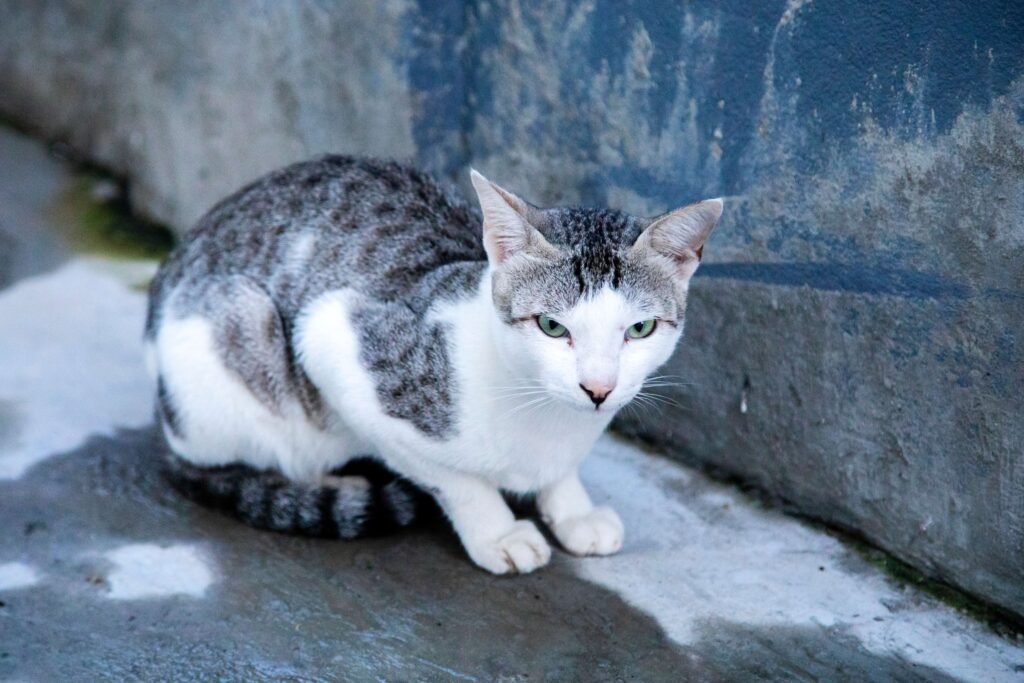
Building trust with a cat is like growing a garden. It happens slowly, with patience and gentle care. Cats notice when you respect their need for quiet and space, and over time, they reward that respect with their trust. A cat that chooses to curl up beside you during a silent afternoon is offering the purest form of affection. These quiet connections are often the strongest bonds of all.
The Role of Scent and Familiarity
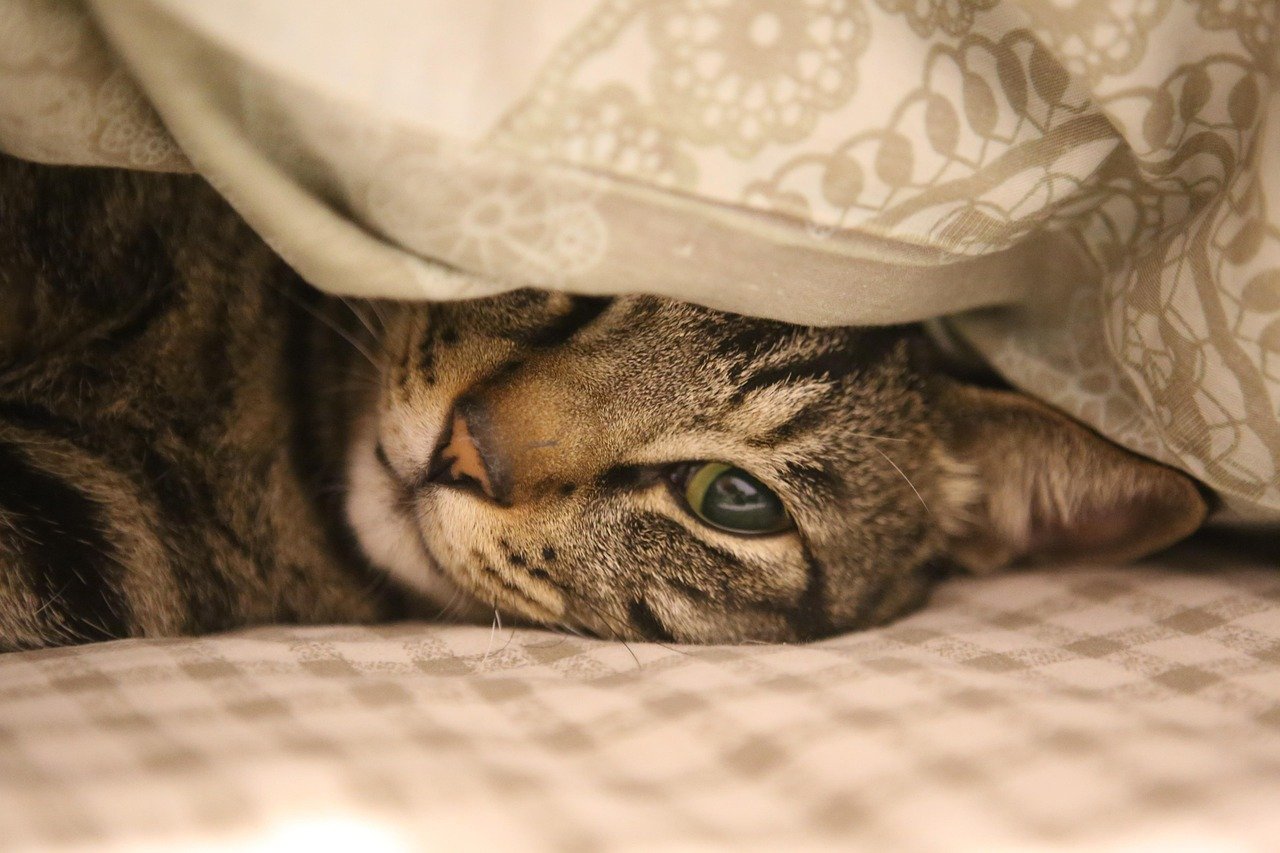
Cats use scent to feel connected and safe. Rubbing against your legs or the furniture marks their territory and creates a sense of comfort. Loud noises or disruptive affection can interrupt these familiar scents, making a cat feel uneasy. Quiet moments, however, allow your cat to relax and reinforce the comforting smells of home and family, deepening their sense of belonging.
How Loud Environments Affect Cat Health

Chronic exposure to loud environments can have a real impact on a cat’s health. Stress caused by constant noise can lead to issues like digestive problems, over-grooming, or even lowered immunity. Cats living in peaceful homes are often healthier and happier. It’s not just about preference; choosing quiet moments is vital for their physical and emotional wellbeing.
Playtime: The Gentle Way
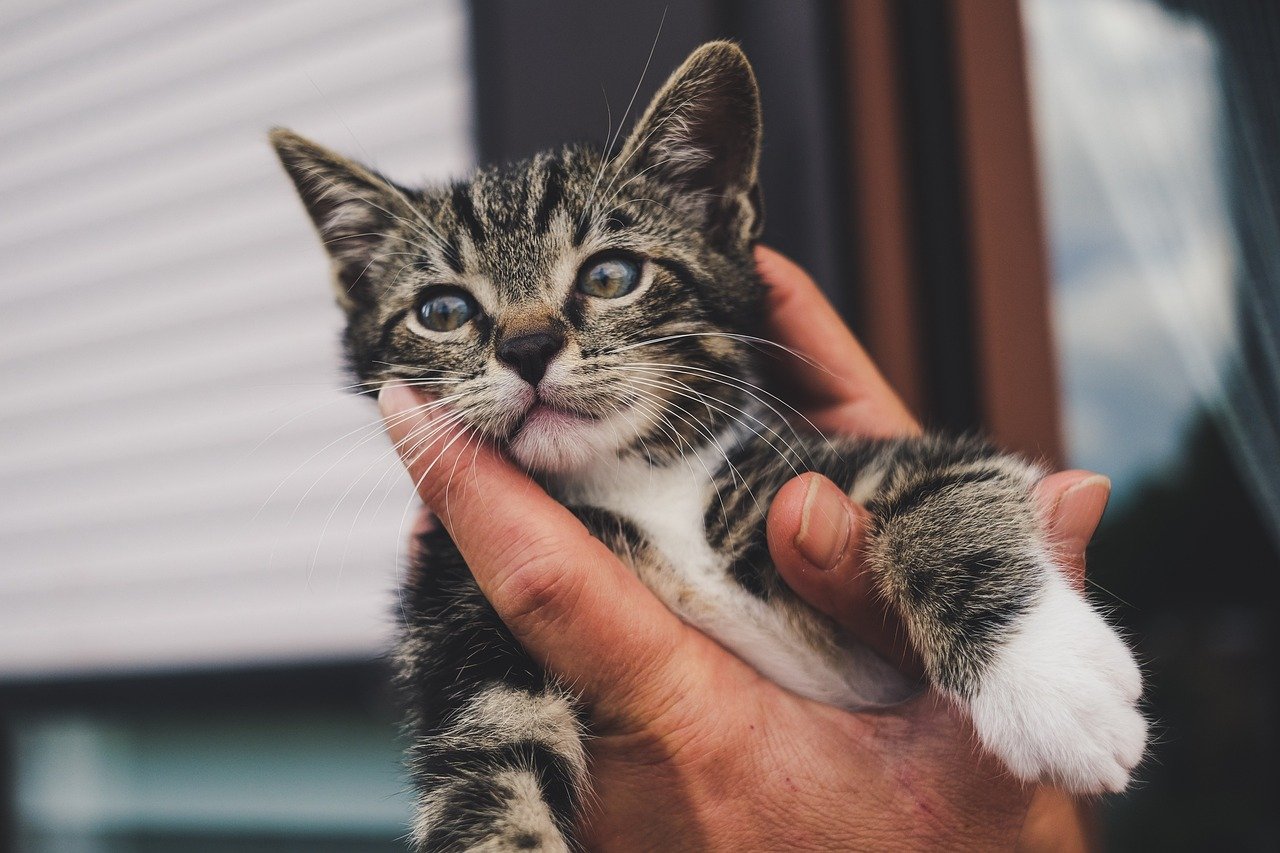
Play is an important part of a cat’s life, but even play should respect their need for quiet. Fast, aggressive games can be stressful, while gentle play using feather wands or slow-moving toys is far more enjoyable. Quiet play lets your cat feel safe and engaged, building trust and affection without overwhelming their senses. If you watch closely, you’ll see their eyes light up during these gentle interactions.
Affection in the Language of Cats
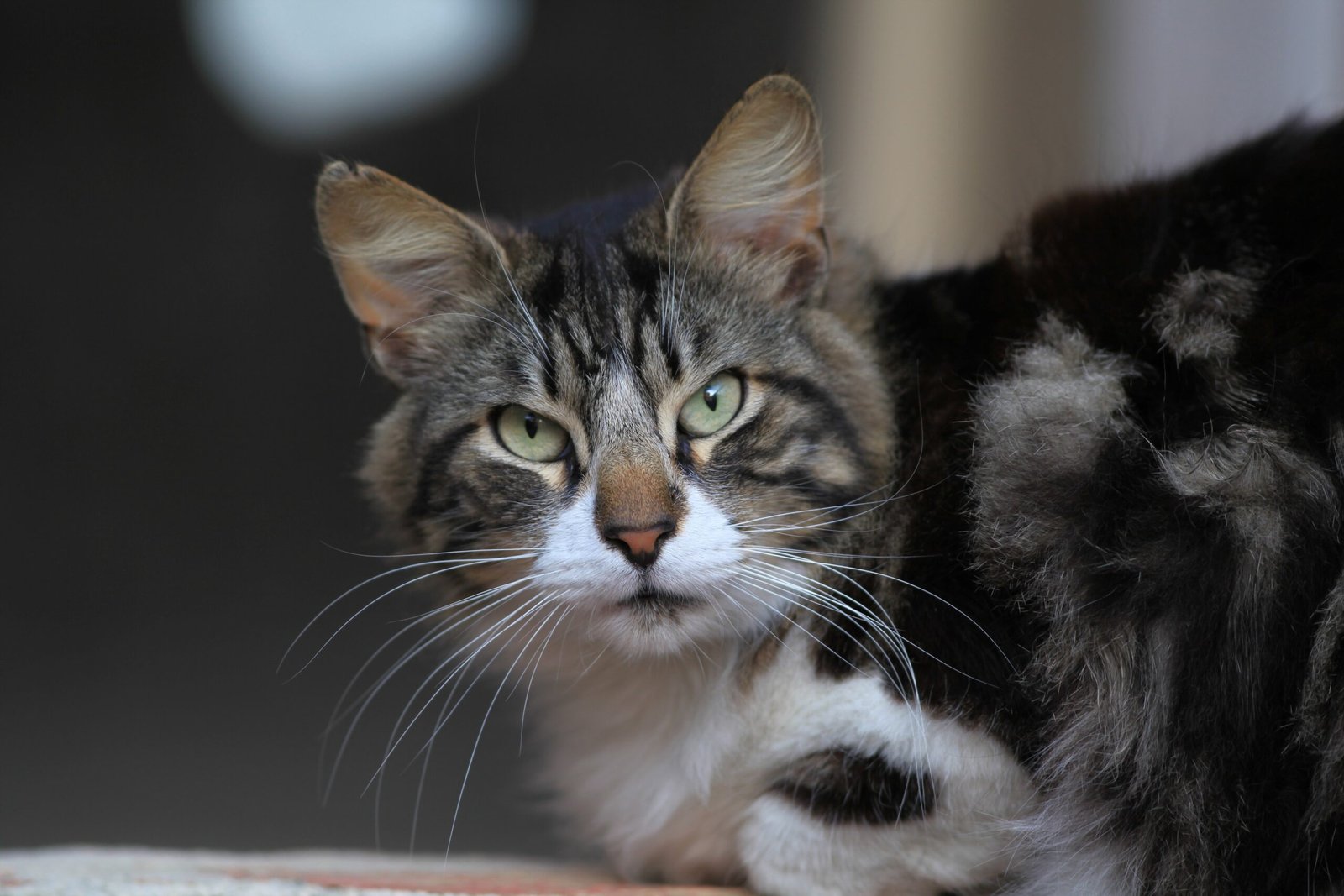
Cats show love in ways that are easy to overlook if you’re not paying attention. A soft chirp, a warm nuzzle, or a gentle knead of their paws can speak volumes. These gestures are quiet but deeply meaningful. When you mirror their quiet affection—like responding to a slow blink with one of your own—you’re speaking their language and strengthening your bond.
Quiet Moments and Senior Cats
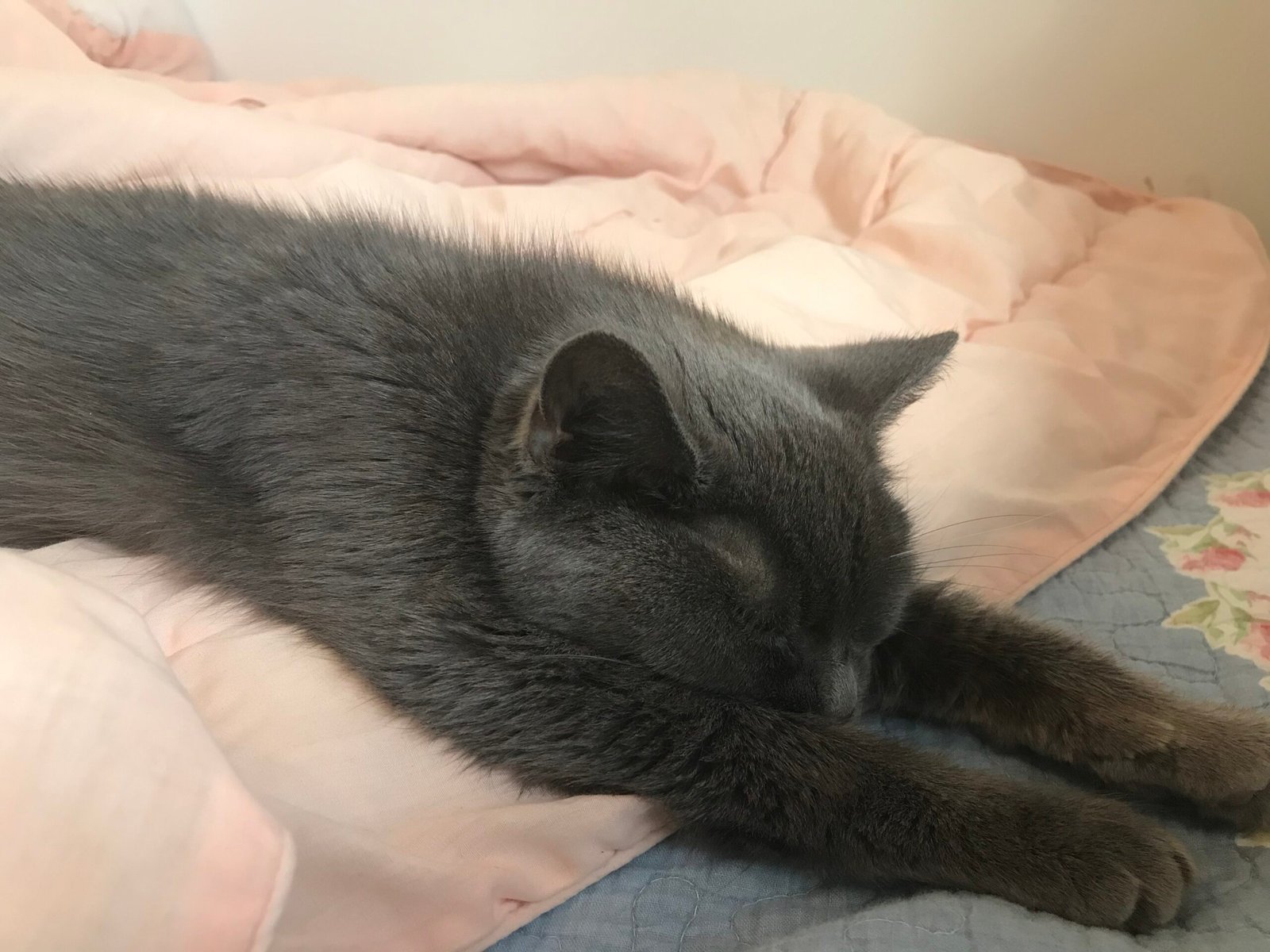
As cats age, their preference for peace and quiet often grows stronger. Senior cats may become more sensitive to noise and less tolerant of being handled. They cherish slow, calm routines and gentle affection. Providing a soft bed in a quiet corner can make an older cat feel safe and loved. These quiet moments become especially precious as cats grow older.
Cultural Differences: Cats Around the World
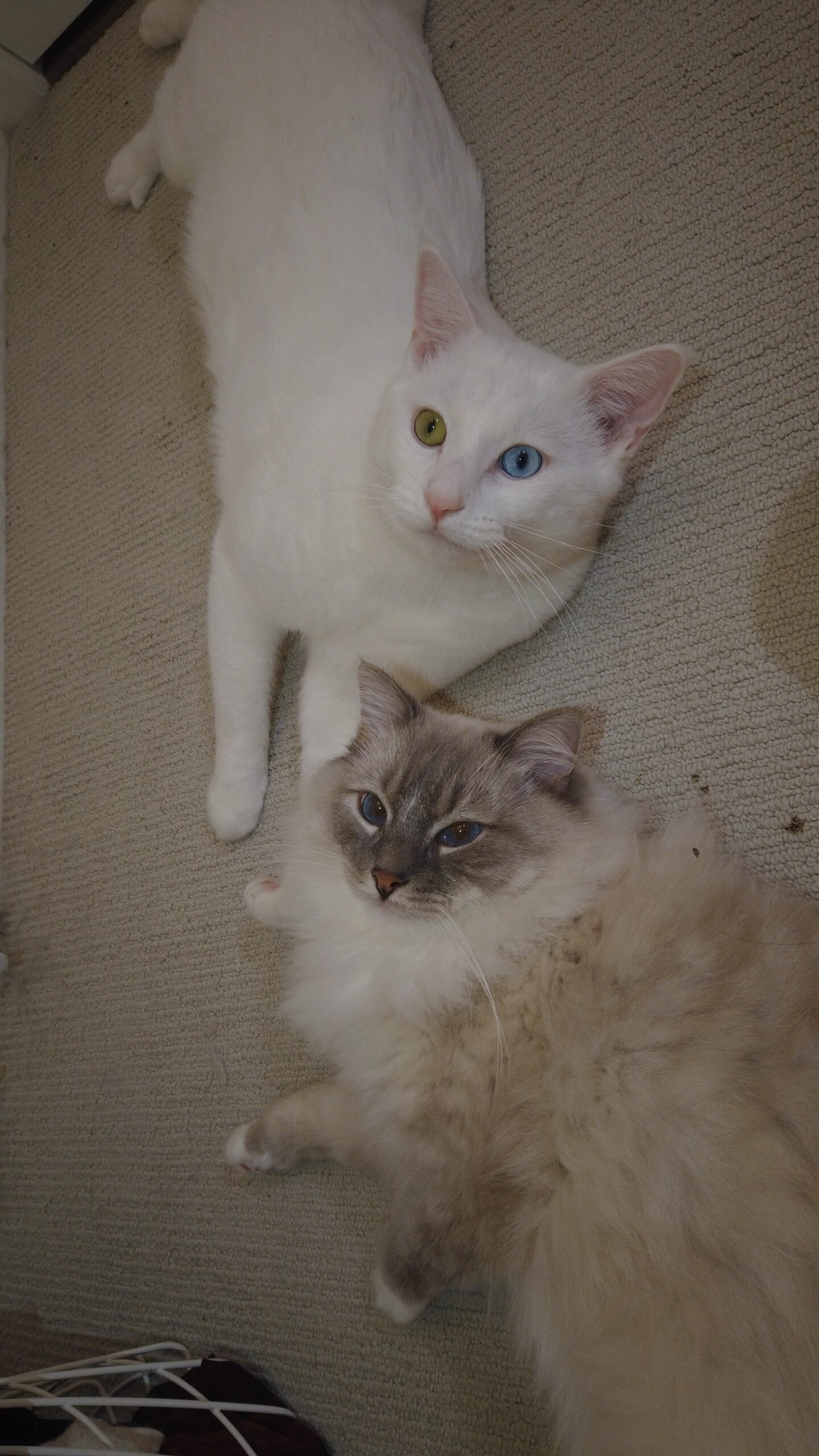
Different cultures have different ways of interacting with cats. In some places, cats are seen as mystical and are left largely to their own devices. In others, they’re treated more like family members and involved in daily life. Despite these differences, one thing remains the same: cats everywhere seek out quiet moments over noisy affection. It’s a universal trait that transcends borders.
Learning From Our Feline Friends

Cats can teach us a lot about the value of quiet and the power of subtlety. In a world that often celebrates loudness and constant activity, cats remind us that silence can be golden. Taking a cue from their calm approach can help us create more peaceful, loving homes—not just for our pets, but for ourselves as well. Sometimes, the best way to show love is simply to sit quietly together and enjoy the moment.
The Impact of Human Behavior
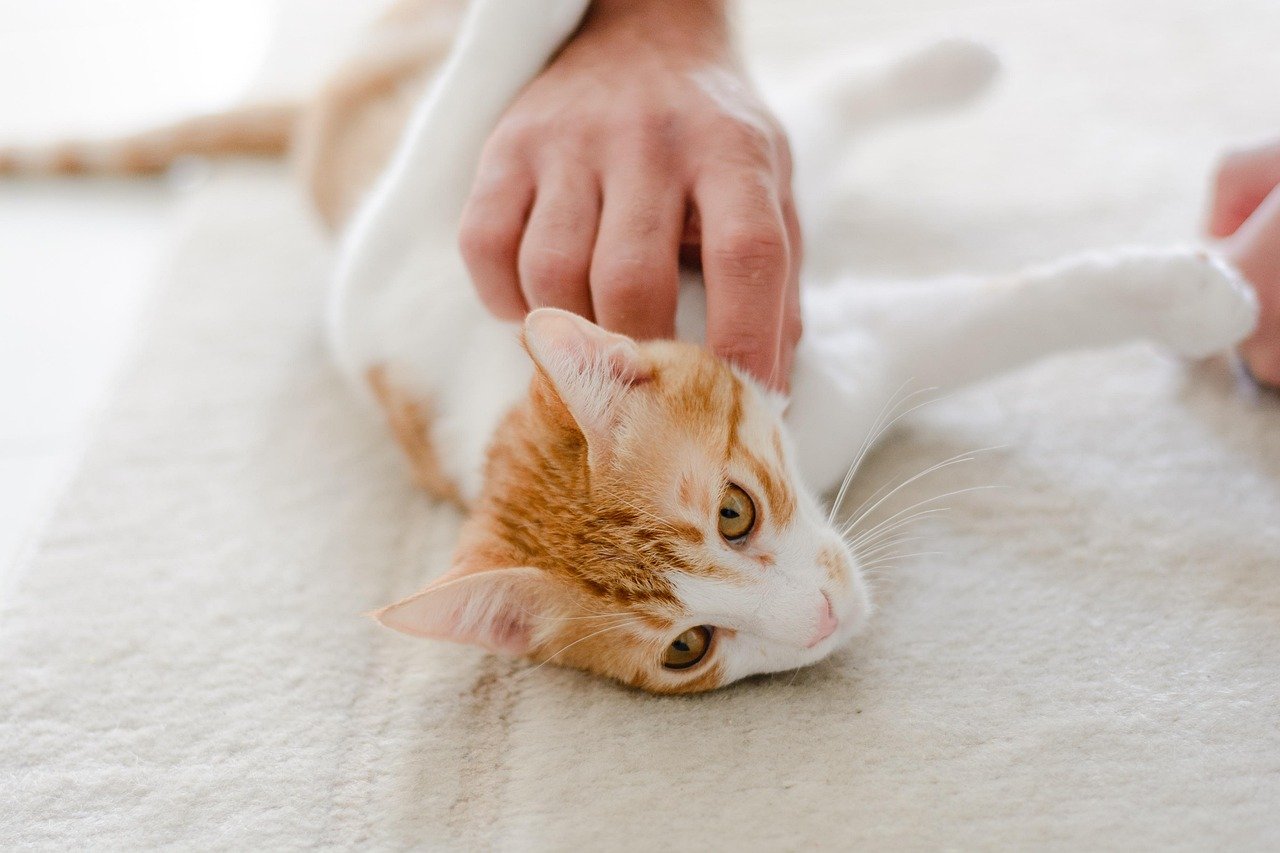
How we act around our cats shapes their comfort and trust. Loud voices, sudden movements, or rough play can make cats wary. When we slow down, lower our voices, and move gently, cats respond with more affection. It’s a two-way street: the quieter and more patient we are, the more open our cats become to sharing affection in return. Small changes in our behavior can lead to big changes in our relationship with our cats.
Building a Lasting Bond Through Quiet Moments
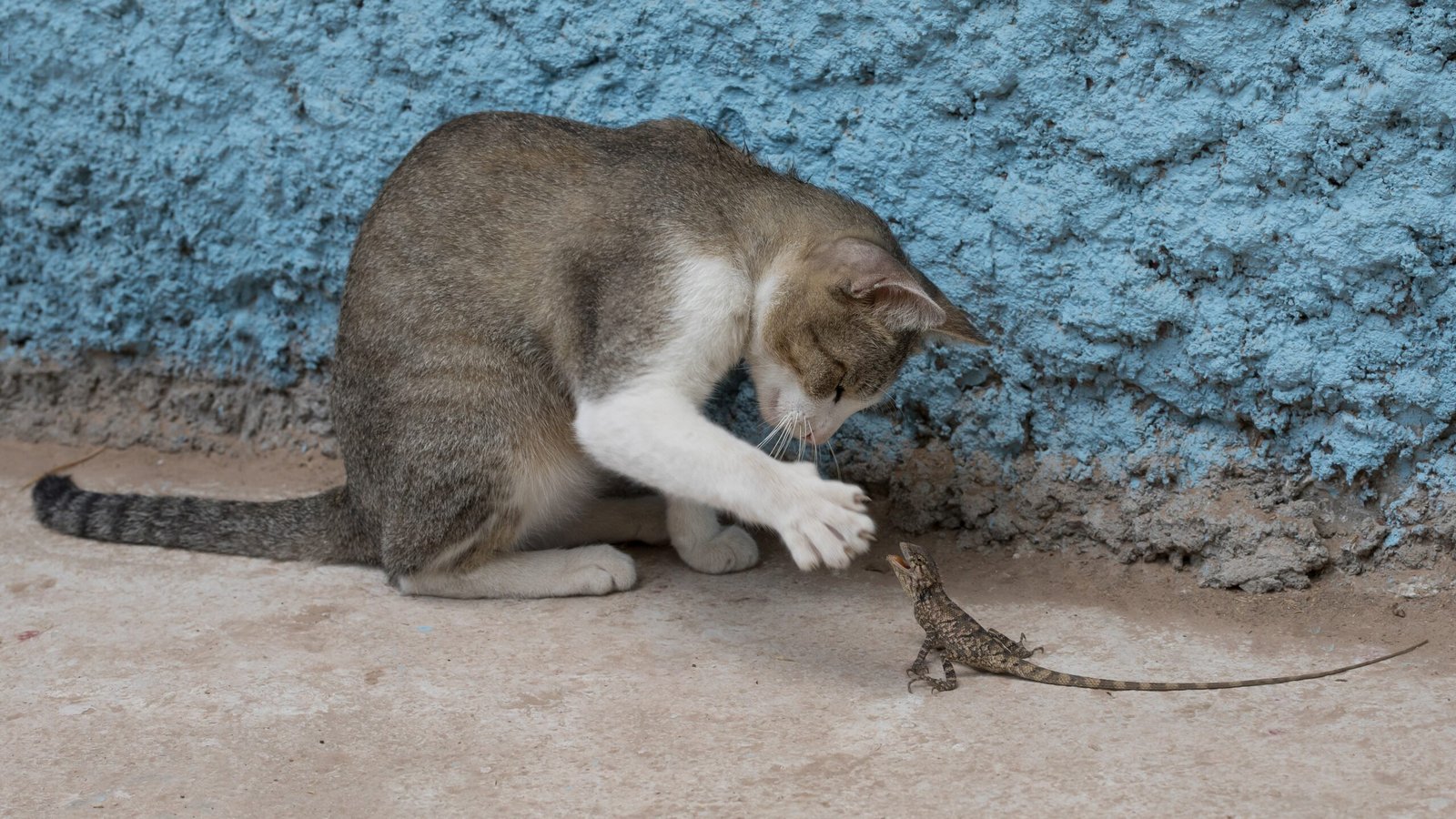
The strongest bonds with our cats are built during those peaceful times when nothing needs to be said or done. Sitting together on a rainy afternoon, sharing a gentle pet, or simply being present in the same space—these are the moments cats cherish most. Over time, these quiet connections grow into unbreakable trust and deep affection. In the end, it’s the silent moments that speak the loudest in a cat’s heart.
Hi, I’m Bola, a passionate writer and creative strategist with a knack for crafting compelling content that educates, inspires, and connects. Over the years, I’ve honed my skills across various writing fields, including content creation, copywriting, online course development, and video scriptwriting.
When I’m not at my desk, you’ll find me exploring new ideas, reading books, or brainstorming creative ways to solve challenges. I believe that words have the power to transform, and I’m here to help you leverage that power for success.
Thanks for stopping by, Keep coming to this website to checkout new articles form me. You’d always love it!






